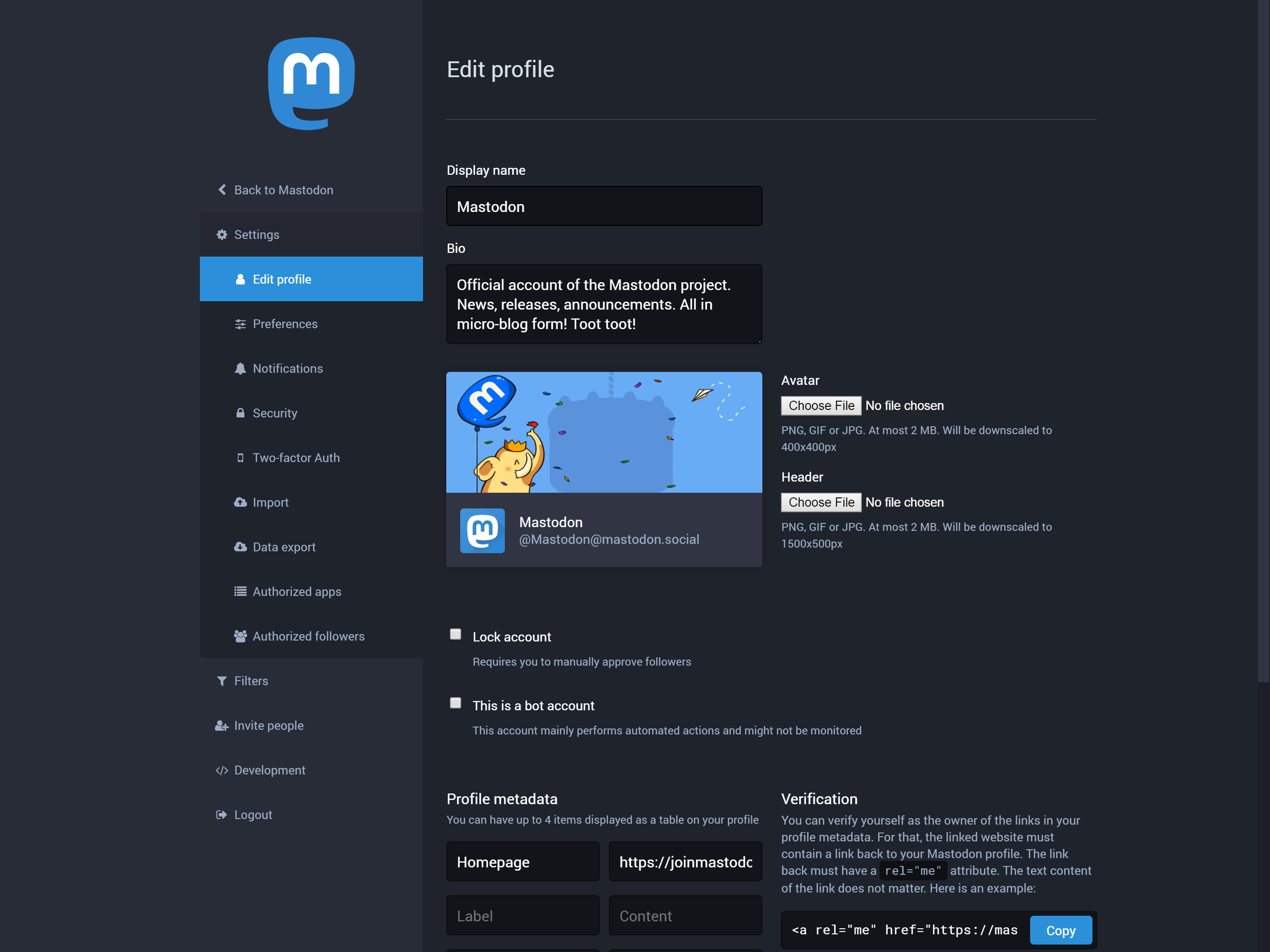
Mastodon 2.6 released
After more than a month of work, I am happy to announce the new version of Mastodon, with improved visuals, a new way to assert your identity, and a lot of bug fixes. Verification Verifying identity in a network with no central authority is not straightforward. But there is a way. It requires a change in mindset, though. Twitter teaches us that people who have a checkmark next to their name are real and important, and those that don’t are not. That delegates a lot of the decision making to Twitter, the authority. Without a central authority, that decision making cannot be delegated. So, how does identity verification work on Mastodon?
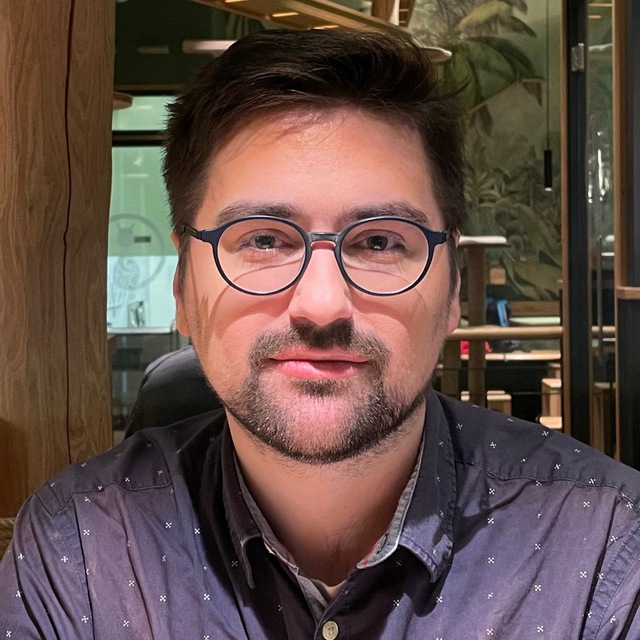
Eugen Rochko
Strategy & Product Advisor, Founder

Mastodon's 2 Year Anniversary
Mastodon was first announced to the public through Hacker News, a link aggregator site for programmers, on October 6, 2016. Now we’re celebrating the 2 year anniversary! 🎉

Eugen Rochko
Strategy & Product Advisor, Founder
Mastodon 2.5 released
Mastodon 2.5 is the 100th released version of Mastodon since the project’s inception almost 2 years ago. It brings a variety of improvements to the software, the full list of which is available in the changelog. Public profile page The public areas of the web interface have been redesigned. The color scheme and design is now more consistent with the logged-in interface. The new profile layout makes better use of space for bio text and increases the value of header images. Prominent follow buttons ensure that even people new to Mastodon understand quickly what they can do on it.

Eugen Rochko
Strategy & Product Advisor, Founder
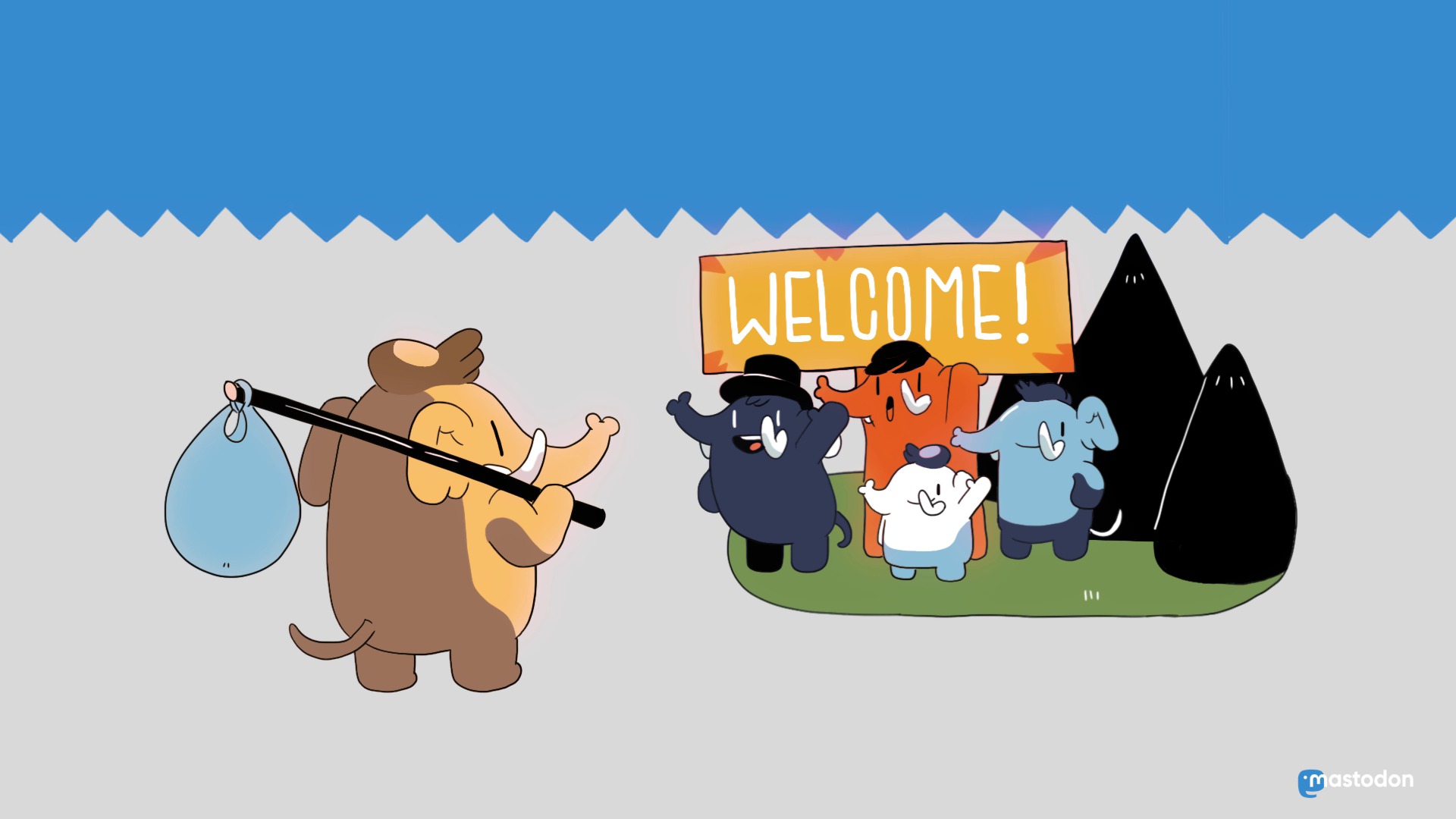
Mastodon quick start guide
So you want to join Mastodon and get tooting. Great! Here's how to dive straight in.
Nico
Guest
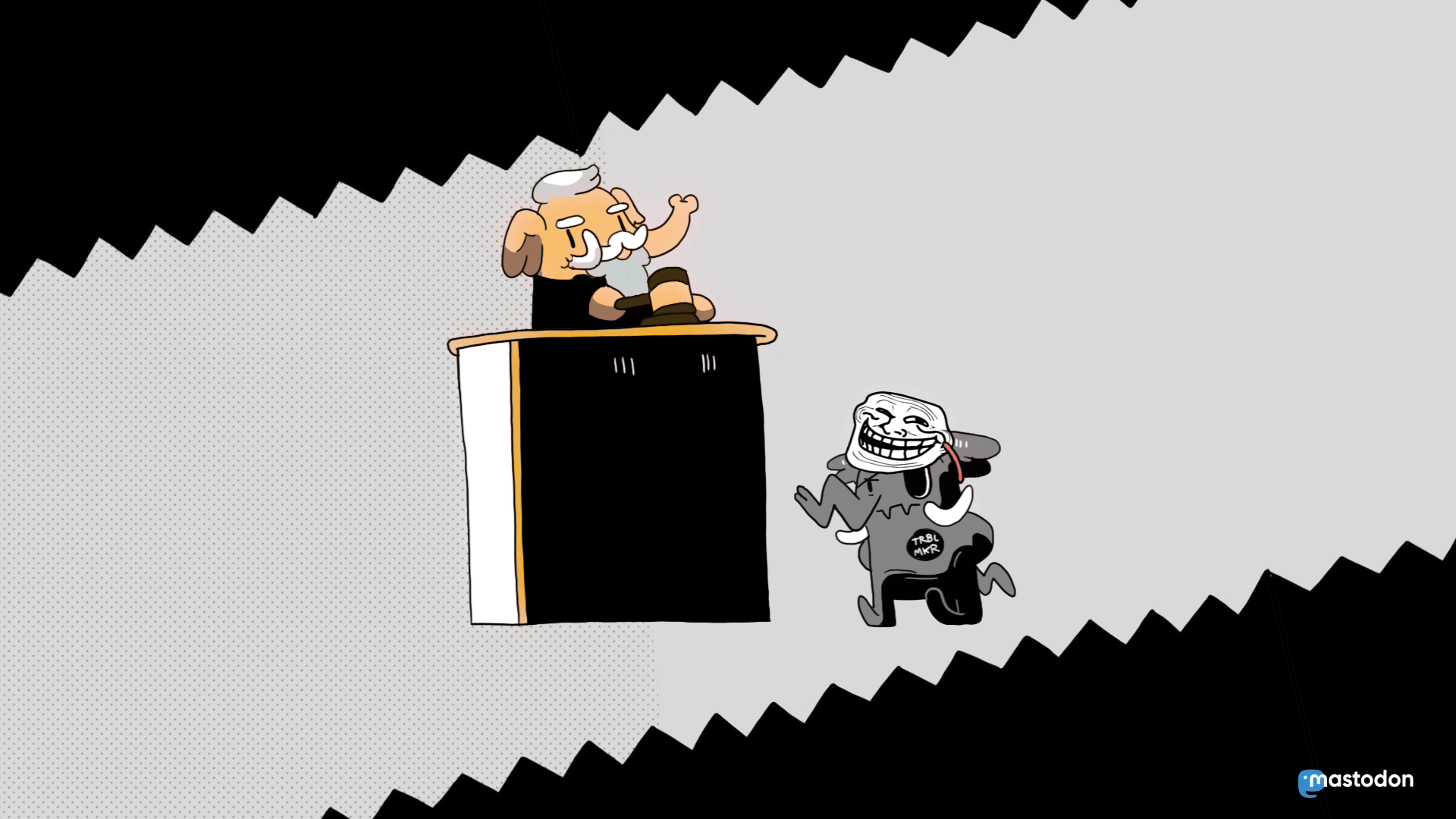
Cage the Mastodon
A year ago I wrote about Mastodon’s improvements over Twitter’s lacking protections against abuse and harassment. Development in that area has not been standing still, and it’s about time we do another comparison.

Eugen Rochko
Strategy & Product Advisor, Founder
How to make friends and verify requests
In the previous tutorial we have learned how to send a reply to another ActivityPub server, and we have used mostly static parts to do it. Now it’s time to talk about how to subscribe to other people and receive messages. The inbox Primarily this means having a publicly accessible inbox and validating HTTP signatures. Once that works, everything else is just semantics. Let’s use a Sinatra web server to implement the inbox.

Eugen Rochko
Strategy & Product Advisor, Founder
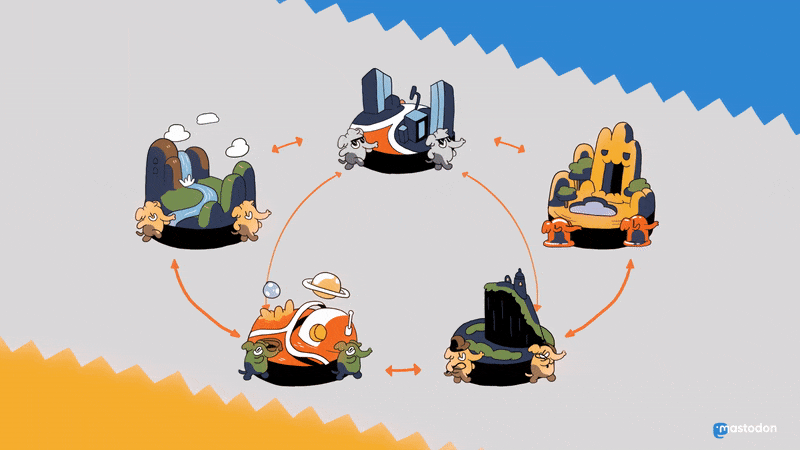
Why ActivityPub is the future
We often tout things like “Mastodon is based on open web protocols” as one of its advantages. I want to elaborate why exactly that’s a good thing.

Eugen Rochko
Strategy & Product Advisor, Founder

Why we must oppose the new copyright directive
A committee of members of the European Parliament have voted to approve Article 11 and Article 13, which pose a risk to the decentralization of the web and freedom of creative expression.

Eugen Rochko
Strategy & Product Advisor, Founder

How to become a successful artist on Mastodon
I follow many talented artists on Mastodon, and over my 2 years of being on the platform I have noticed some common patterns that may help a newcomer find their audience on here, too.

Eugen Rochko
Strategy & Product Advisor, Founder